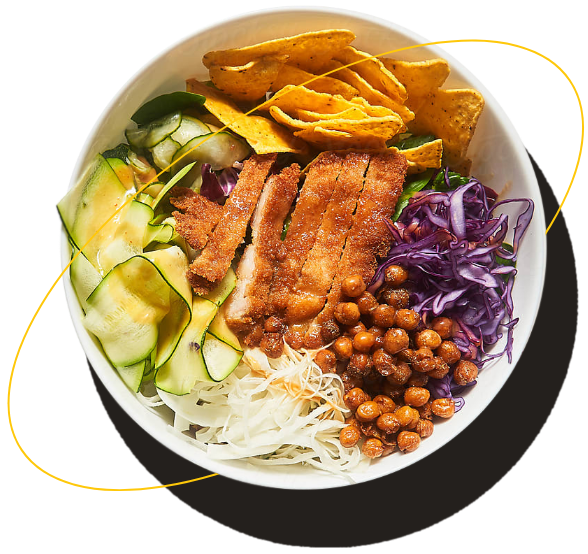Engagement opportunities that help the animal ag community support each other
2023 September 27
We’ve discussed over the last several months the urgent need for animal agriculture to be a vocal and active participant in conversations about the future of food.
Activating our community and growing the animal agriculture network is a constant priority for the Animal Agriculture Alliance, so I wanted to highlight some of the many great opportunities we all have to support animal agriculture in one way or another.
One program we are most proud of at the Alliance is College Aggies Online (CAO), which celebrates its 15th anniversary this year. CAO connects college students from across the country who are passionate about sharing positive, factual information about animal agriculture and helps them build the skills they need to become confident and effective communicators on campus, online, and in the broader community. CAO participants receive nine interactive and educational weeks of content and have the opportunity to compete for more than $20,000 in scholarship awards.
CAO students undertake multiple kinds of communication in support of animal agriculture. They engage with peers on social media, posting about current and emerging issues facing farmers and ranchers and telling their personal stories. They host virtual and in-person events to talk about the benefits of and opportunities for modern agriculture. Last year, College Aggies Online reached more than 8.5 million people online (more than doubling its 2021 impact) and 2,300 people during in-person events. This year’s program kicked off September 11, with a crop of amazing mentors. You can follow along with the competition by searching the hashtag #CAO23 on Facebook, Twitter or Instagram. You can also support the 2023 program by making a charitable donation of $23.
Farmers, ranchers and practicing veterinarians can also get involved in engagement opportunities through the Alliance’s Animal Ag Allies program, which aims to empower them to be confident and effective communicators for agriculture. Animal Ag Allies are on the front lines of responding to emerging issues and sharing positive content about animal agriculture online and in their local communities. The next class will kick off in the spring, so save your seat today!
College campuses, local communities and social media are just a few of the many places we all need to speak up to share facts about animal agriculture and combat misinformation. Another way the Animal Agriculture Alliance supports this work is by engaging restaurant, retail and foodservice brands.
We provide opportunities for restaurant, retail and foodservice brand leaders to connect with farmers and learn more about agriculture by hosting webinars, farm tours and “lunch and learn” sessions, along with providing animal agriculture’s perspective by representing animal agriculture at restaurant and retail conferences and events.
The Alliance is proud to help brands who serve animal-source foods get the facts about raising animals for consumption and about the unique role of nutrient-dense meat, dairy, poultry, eggs and seafood in healthy, sustainable diets. We also offer support and guidance to brands that are facing pressure from activist groups looking to eliminate consumer choice. When our partners in the supply chain face questions or are the targets of criticism, we want them to know we can be a valuable resource to help.
Continuing to build engagement in every community from farm to fork and deploy factual resources about animal agriculture’s contributions has never been more important. When people question whether eating meat, dairy, poultry, eggs and seafood aligns with their values, they need to know the facts – including that these foods provide high-quality protein and other nutrients that are much needed in healthy diets for people of all ages. For example, during the first two to three years of a child’s life, animal-source foods are critical sources of nutrients, vitamins and minerals that play a key role in healthy skeletal, muscular and nervous systems, such as vitamin B12 (essential for neurological development and cell growth), iron and zinc.
The UN Food and Agriculture Organization (FAO) recently noted that studies on meat consumption and health “have begun to cast doubt” on claims regarding negative impacts, concluding that “even small increases in animal-source food (ASF) intake provide nutritional benefits that far outweigh any acute or chronic disease risks associated with high consumption of red meat and animal products.” These nutrient-dense foods must be at the heart of sustainability and food security solutions.
That’s why growing and supporting our community – from students to grocery store shoppers and more – is so imperative. I look forward to hearing your views on opportunities for engagement. Find the Alliance online (Twitter, LinkedIn, TikTok, Instagram, Facebook) and reach out to get involved.
I also encourage you to learn more about the Protein PACT for the People, Animals & Climate of Tomorrow, another initiative where the Alliance partners with organizations from across animal ag to accelerate progress toward global goals. Learn more on the Protein PACT’s LinkedIn or other social media channels (Twitter, Instagram, Facebook) and join the conversation.
Read the article on LinkedIn.

